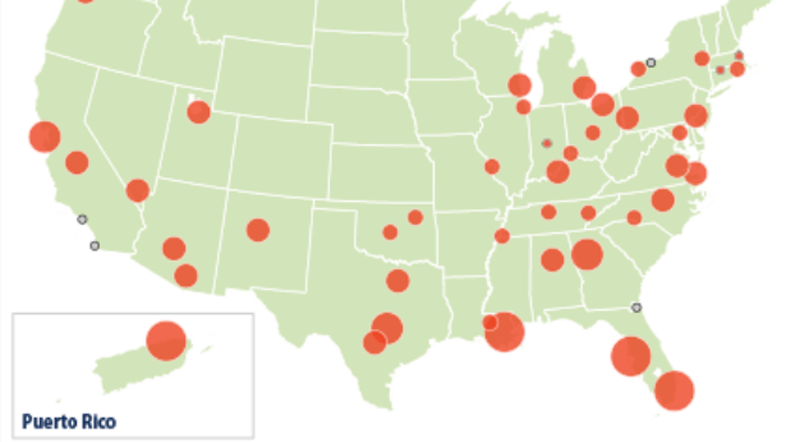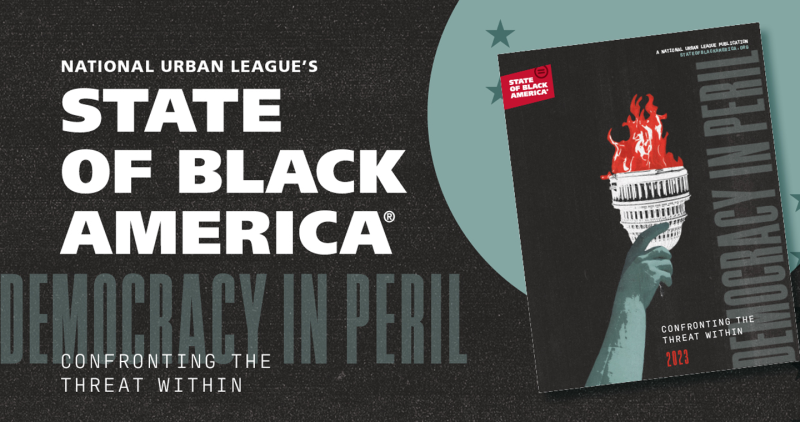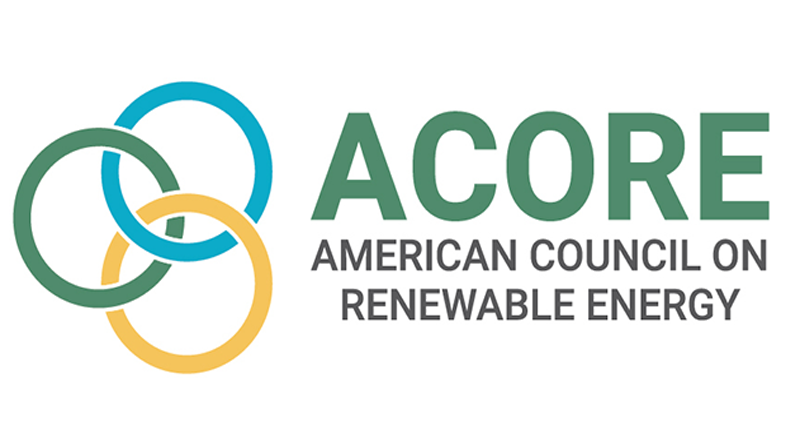Energy Justice for All: Our Collective Imperative
Every day we are reminded that climate change is the single greatest threat facing humanity. While some choose to see this as a problem for future generations, the impacts of the climate crisis are already piling up for America's low-income families and people of color. These communities experience this burden the most because they have little to no direct control over decisions made about the design and operation of the energy system—such as the siting of oil refineries and natural gas processing plants—which have significant consequences for the climate and public health.
More than a million Black Americans could walk from their home to a natural gas facility within 10 minutes, and nearly seven million live in the same county as an oil refinery. As a result of these and other industrial decisions, Black Americans are exposed to air that is 38 percent more polluted than air in white American communities. As a result, black children are nearly twice as likely to suffer from asthma as white children, and Black adults face disproportionately lower life expectancy.
These burdens are not just limited to negative health outcomes; Black communities also face higher energy costs. Compared to white households, Black households spend 43% more of their income on energy costs. Advances in technology have made clean energy more affordable; still, access to these technologies is limited. While most homes in America's communities of color receive enough sunlight for rooftop solar, the number of people in these communities who have solar panels is disproportionately low.
But another world is possible, and frontline communities have known this for as long as the energy system has caused harm. For decades, they have used their power to resist environmental racism and energy injustice. Now, we are on the cusp of remaking the energy system to address the climate crisis and establish U.S. energy independence. Our collective imperative is to honor their humanity by building an energy future in the image of equity and justice. We must create an inclusive clean energy transition benefiting all humanity, especially our most vulnerable communities.
A Just and Equitable Clean Energy Economy
Systemic problems require systemic solutions. In the past, DOE did not require projects to consider community impact, contributing to some of the harms felt by frontline communities. But we are changing how we work and are now building community input and benefit plans into the very fabric of policy and program design at DOE.
Under President Biden's leadership, our first step was to develop an Equity Action Plan. Our plan opens pathways for underrepresented groups to access DOE resources, stands up new programs to better serve communities, and allows us to make direct investments in including Black Americans in a prosperous clean energy future.
To start, we committed$102 million to Historically Black Colleges and Universities (HBCUs) for science, technology, engineering, and mathematics research, workforce development, and apprenticeships at our National Laboratories.
President Biden also established the Justice40 Initiative, directing at least 40% of the overall benefits of certain Federal investments to flow into disadvantaged communities. In response, we identified eight policy priorities focused on the most urgent requirements for an equitable clean energy future. These priorities guide more than 140 DOE programs in co-creating an energy ecosystem that benefits disadvantaged communities. From decreasing energy burdens and environmental exposures to increasing enterprise contracting opportunities and energy democracy, we have begun to make significant progress toward achieving our Justice40 goals.
In addition to executive orders, recent legislation has empowered DOE to take charge of delivering a more equitable clean energy future for the American people. With funds from the historic Bipartisan Infrastructure Law, we are working to mitigate and reduce emissions from fossil fuel production and recapture carbon from the atmosphere. We are making investments that will bring America into the clean energy future and working to accelerate access to solar energy in underrepresented communities across the country.
The Inflation Reduction Act, too, has created new pathways for the DOE to accelerate this mission through tax incentives which we are working with the U.S. Treasury to implement.
The success of these programs is critical because they make up a systematic response to historical harms and create tangible benefits for the communities across America who need them the most. Leading the charge to implement our vision for equity and justice within the agency is the DOE Office of Economic Impact and Diversity (ED). Correcting decades of significant underfunding, President Biden appointed one of the nation's preeminent scholars, advocates, and practitioners of energy justice to lead ED, the Honorable Shalanda Baker. Under Director Baker's leadership, ED has renewed its mission and is implementing Justice40 throughout DOE, from establishing new offices focused on energy justice to diversifying the Department's workforce.
Just last month, ED announced the largest community of experienced African American solar energy professionals. This work will make a monumental contribution to the public by reducing barriers to access all areas of the federal government, supporting job creation, and increasing clean energy adoption for disadvantaged communities across the country.
We Can Win the Future
Advocacy, sacrifice, and struggle have delivered us a hard-won opportunity to achieve energy justice. That is the legacy of Black Americans in frontline communities. As the U.S. Secretary of Energy, I recognize that our legacy will be defined by how we meet this moment. We can answer our collective imperative by pushing for policies and programs informed by the very communities we aim to support.
We can achieve energy justice by working together to resist environmental racism and energy systems that harm our communities. We can create an equitable clean energy economy within our lifetimes—one that all communities can participate in.
At DOE, we are not skirting this challenge. I firmly believe that with the right tools, key partnerships, and clear vision and intention, the future is bright. We only get one opportunity to rebuild the country's energy system—this time, we will make sure energy justice is front and center.


 A Climate In Crisis
A Climate In Crisis

 Executive Summary
Executive Summary